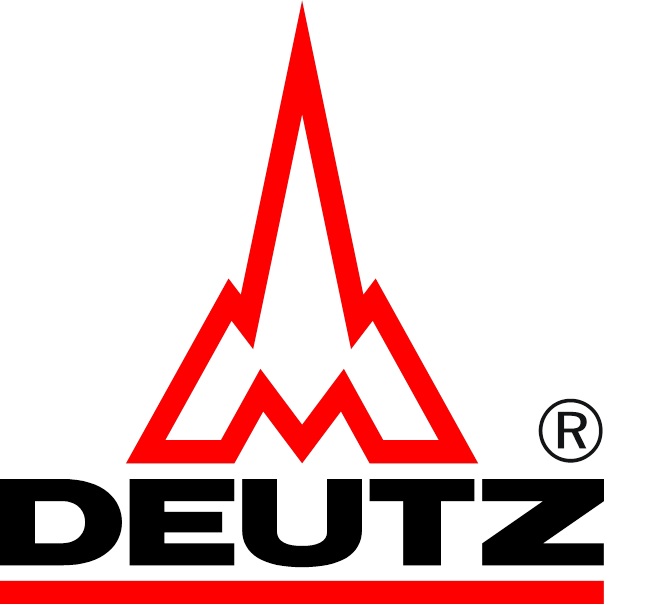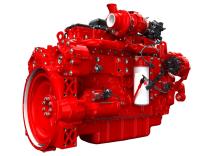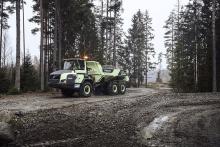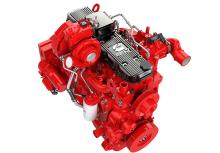
The alliance will conduct research into the development of hydrogen engines for excavators, wheeled loaders, tractors, crawlers and combine harvesters.
Vehicles used on off-road sites such as quarrying, construction and agriculture are generally heavy-duty machines that need a lot of power to move both themselves and their loads, and most run on diesel engines.
Deutz and DLR say that a switch to hydrogen-powered drives has the potential to make them more environmentally friendly by cutting their emissions to zero.
The partners add that these types of off-road equipment are all designed to carry out specific tasks, and so they have varying requirements in terms of energy consumption, power output, fuel capacity and operating time.
The researchers from the DLR Institute of Vehicle Concepts will initially work with Deutz to scope out the necessary parameters – both technological and commercial – for making off-highway vehicles carbon-neutral.
The people who operate the machinery will also be asked about their requirements, particularly with regard to vehicle data, machine variants, and load and usage profiles. Deutz will draw on its broad product portfolio to offer insights in these areas.
The next phase of the project will see the partners compare and evaluate the different technological solutions, focusing in particular on energy logistics for selected application scenarios in agriculture and construction. The aim is to come up with solutions that will allow the vehicles used in these scenarios to be powered by hydrogen drives.
The alliance between Cologne-based Deutz and DLR is a product of the DLR.InnovationHub, which brings together actors from the worlds of research and commerce. It fast-tracks the trialling of innovative new ideas and in doing so helps new technologies make the leap from research to application.
The current focus is on the ‘green construction site’, which involves converting existing technologies used in building applications to make them low-carbon or even carbon-free.
“As part of an intensive collaboration process, research and development expertise is being brought to bear to come up with new solutions to specific real-world challenges,” says Professor Karsten Lemmer, the member of the DLR executive board responsible for innovation, knowledge transfer, and research infrastructure.
Deutz chief technology officer Dr. Markus Müller says the cooperation agreement with the DLR is an important milestone in his company's development activities.
“The aim is to come up with solutions that will allow the vehicles used in these scenarios to be powered by hydrogen drives," he adds.
Vehicles powered by hydrogen need to be refueled more frequently than their diesel equivalents because diesel has a higher energy density than hydrogen. Ideally, refuelling should be integrated into the existing workflows.
The Deutz-DLR collaboration will mainly be looking at solutions focused on this particular aspect. Mobile, intelligent, and connected fuelling systems are one potential approach. The partners say this could drastically reduce the distance traveled for refuelling and go some way to compensating for the additional effort in involved in planning and carrying out the refuelling process. Mobile, self-driving refueling robots are another idea, and could be used when the operators take a break.










